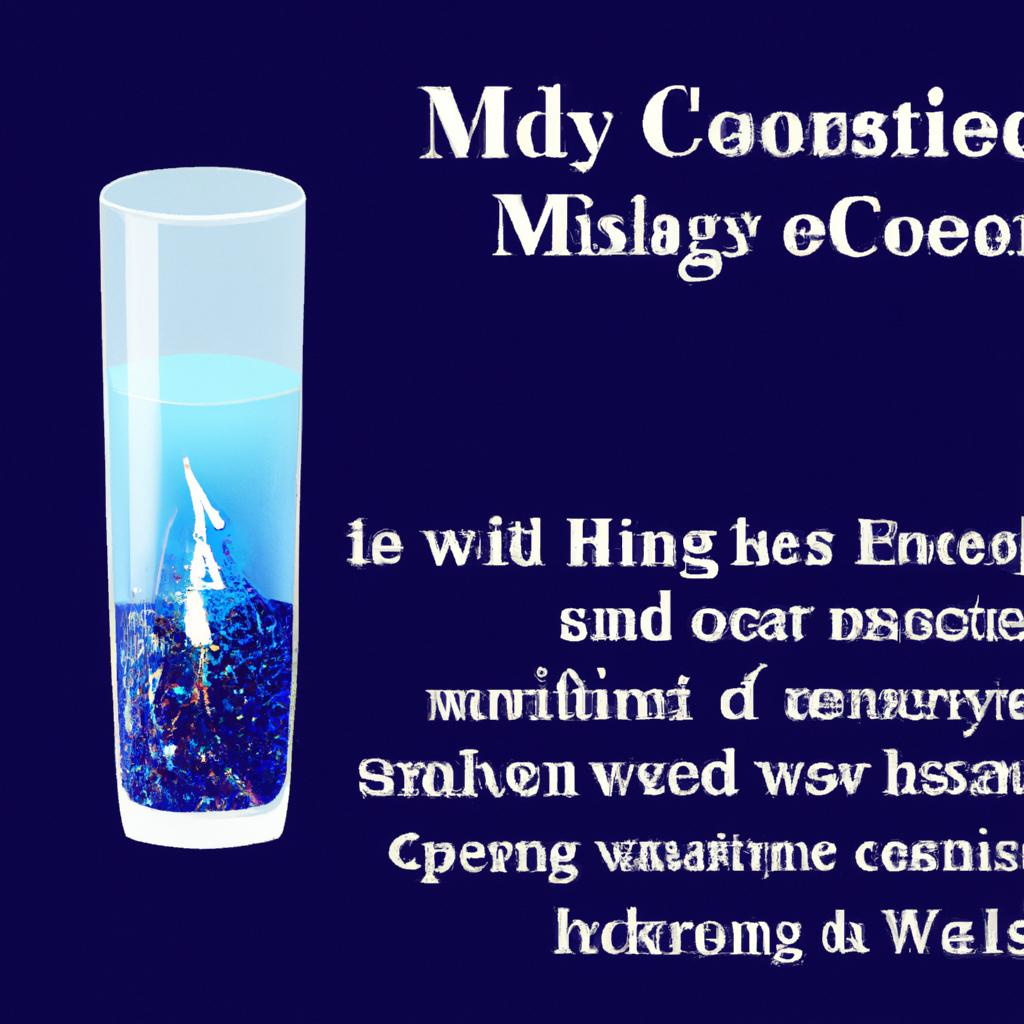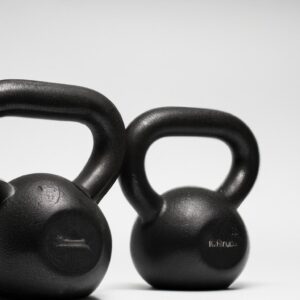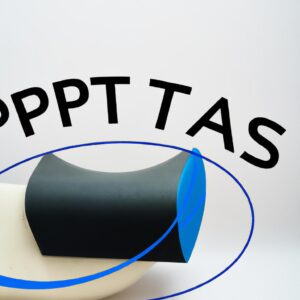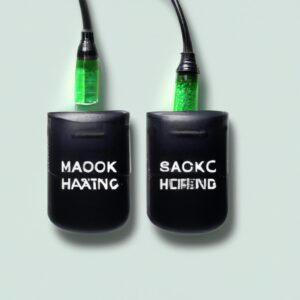The Impact of Cold Water Immersion on Muscle Recovery: A Comprehensive Look at the Benefits and Best Practices
# The Impact of Cold Water Immersion on Muscle Recovery: A Comprehensive Look at the Benefits and Best Practices
Cold water immersion (CWI) has been a popular recovery technique among athletes and fitness enthusiasts for decades. From ice baths to cold showers, the practice is rooted in the belief that exposure to cold water can significantly enhance muscle recovery and reduce soreness after intense physical activity. In this blog post, we will explore the benefits of cold water immersion, delve into best practices for implementation, and provide nutrition and exercise advice to maximize recovery.
## Understanding Cold Water Immersion
Cold water immersion typically involves submerging the body—or specific muscle groups—in cold water, often between 10-15 degrees Celsius (50-59 degrees Fahrenheit), for a period of time ranging from 10 to 20 minutes. This method is believed to have multiple physiological effects that can aid in muscle recovery.
### Physiological Mechanisms
When the body is exposed to cold water, several physiological responses occur. Blood vessels constrict, reducing blood flow to the muscles. This process, known as vasoconstriction, helps limit inflammation and swelling, which are common post-exercise responses. Upon exiting the cold water, blood vessels dilate, leading to a rush of blood flow that can facilitate nutrient delivery and promote healing.
## Health Benefits of Cold Water Immersion
Cold water immersion offers a range of health benefits that extend beyond mere muscle recovery.
### Reduced Muscle Soreness
One of the primary benefits of CWI is its ability to reduce delayed onset muscle soreness (DOMS). Studies indicate that athletes who engage in cold water immersion after intense training report significantly lower levels of soreness compared to those who do not.
### Enhanced Recovery Time
By promoting faster recovery times, cold water immersion allows athletes to train more frequently and intensely. This is particularly beneficial for those participating in endurance sports or high-intensity training programs, where recovery is crucial for performance.
### Improved Mood and Mental Clarity
Cold exposure has also been linked to improved mood and mental clarity. The cold water stimulates the production of norepinephrine, a neurotransmitter that can enhance focus and attention. Many athletes report feeling invigorated and more mentally prepared after a cold water session.
## Best Practices for Cold Water Immersion
To maximize the benefits of cold water immersion, it’s essential to adopt best practices.
### Timing and Duration
Ideally, cold water immersion should be performed immediately after intense exercise. The optimal duration is generally between 10 and 20 minutes, depending on individual tolerance and the severity of the workout.
### Temperature Guidelines
Water temperature is critical. A range of 10-15 degrees Celsius is recommended for most athletes, as temperatures outside this range may be less effective or even counterproductive. Always ensure that you are comfortable and can safely tolerate the cold.
## Nutrition Tips for Enhanced Recovery
Nutrition plays a vital role in muscle recovery and works synergistically with cold water immersion.
### Post-Workout Nutrition
After a cold water immersion session, focus on consuming a balanced meal rich in protein and carbohydrates. This combination aids in muscle repair and replenishing glycogen stores. Aim for a meal containing lean protein sources such as chicken, fish, or legumes, accompanied by whole grains or starchy vegetables.
### Hydration
Rehydration is crucial following exercise and cold water immersion. Ensure you drink plenty of water or electrolyte-rich beverages to restore lost fluids and maintain optimal performance levels.
## Exercise Advice for Optimal Recovery
Combining cold water immersion with a well-structured exercise program can enhance recovery.
### Active Recovery
Incorporate active recovery days into your routine. Low-intensity activities such as walking, cycling, or yoga can promote blood flow and aid recovery without placing additional stress on the muscles.
### Stretching and Mobility Work
Always allocate time for stretching and mobility work post-exercise. This practice can complement the effects of cold water immersion by enhancing flexibility and reducing muscle tightness.
## Concluding Thoughts
In summary, cold water immersion is a powerful tool for muscle recovery that can help reduce soreness, enhance recovery time, and improve mental clarity. By following best practices, paying attention to nutrition, and integrating effective exercise strategies, athletes and fitness enthusiasts can significantly benefit from this technique. Embracing the chill of cold water immersion could be the key to unlocking your best performance yet.















Post Comment